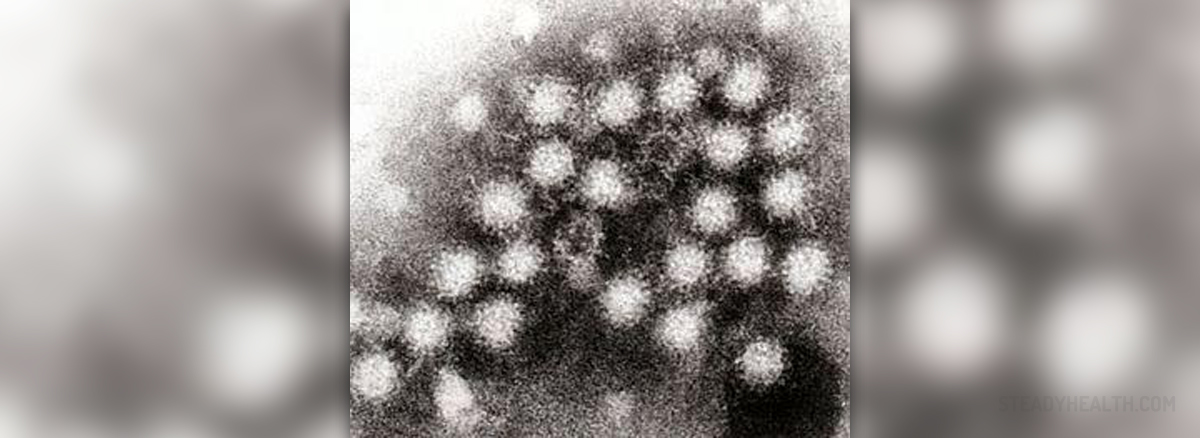
Norovirus infection is responsible for severe cases of nausea and diarrhea. The virus (Norovirus) is the major culprit of gastrointestinal infection in hospitals, nursing homes as well as on cruise ships. After entering the gastrointestinal tract, the virus starts to multiply uncontrollably initiating symptoms within 24-48 hours after exposure. The infection lasts for a few days and many patients require no treatment. Still, severe dehydration may affect infants and older adults and make the infection much more complex.
Symptoms of Norovirus Infection
This infection is typically associated with nausea, vomiting, diarrhea, abdominal cramps/pain, weight loss and low-grade fever. They start to occur 24-48 hours after the person has consumed contaminated food or introduced the virus via contaminated water.
It may be that some patients are asymptomatic but still, their feces contains the virus which may be further shed if one does not maintain impeccable hygiene.Norovirus and Transmission of the Infection
Norovirus is highly contagious and infection always spreads through contaminated food or water. However, the virus can be also contracted when being in a close contact with an infected person. The outbreaks of Norovirus infection are frequently connected with consumption of contaminated oysters, salads and raspberries.
The virus is rather hard to eradicate. It can survive hot and cold temperatures and is resistant to most disinfectants. The risk of contracting Norovirus is higher in patients with impaired immune system such as HIV/AIDS patients as well as transplant recipients. Furthermore, if people are living in a household where food-handling procedures are inadequate and unsanitary, the risk of contacting Norovirus is much higher. The risk is also high in preschool and child care centers, nursing homes, retirement centers as well as hotels, vacation resorts, cruise ships where a lot of people are in close quarters. Norovirus Infection Complications and Treatment
Even though most patients overcome infections quite well within a few days, some may develop certain complications. These include severe dehydration, malnutrition and sometimes even death. Such extreme complications are reported in infants and elderly patients as well as immunocompromised individuals.
As far as treatment is concerned, Norovirus infection has not cure. Most patients recover completely after several days without any special measures. Other patients are treated symptomatically with bed rest, plenty of fluids and a special diet. Intake of fluids is of major importance for prevention of dehydration. Severely dehydrated individuals are administered intravenous fluids while those with complications require hospitalization.
Finally, by maintaining impeccable hygiene the infection can be successfully prevented and avoided.


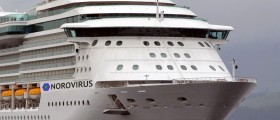
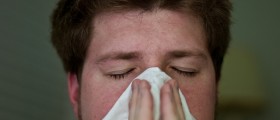





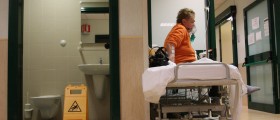


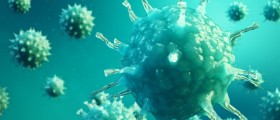

_f_280x120.jpg)
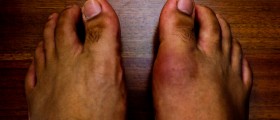

Your thoughts on this
Loading...